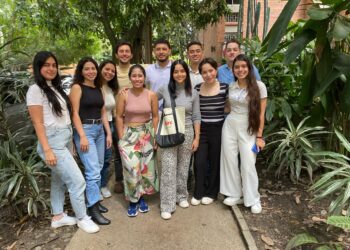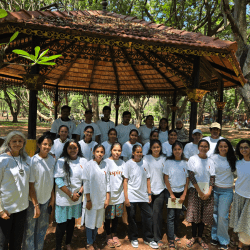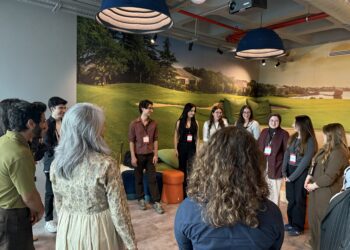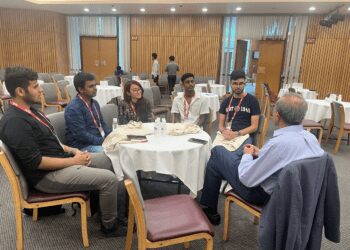The Community Action Awards (CAA), a grant-based opportunity for our students to take their own innovations and ideas for social change and apply them to their home contexts, is open to all who’ve completed our finalist program.
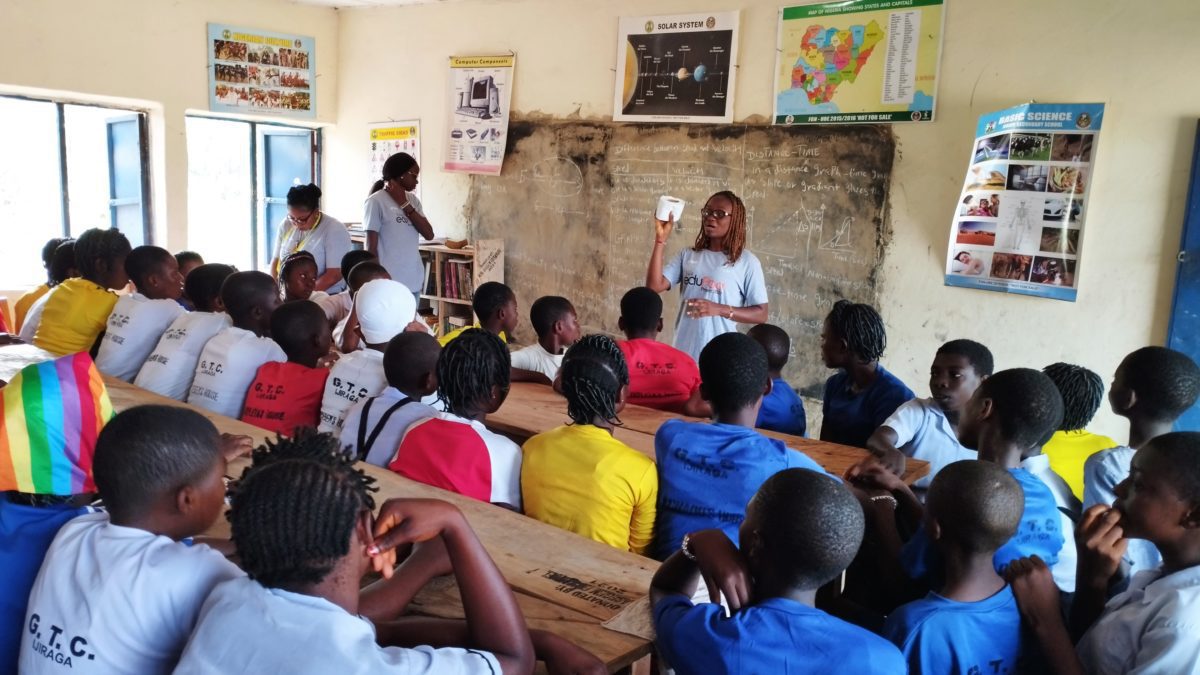
This year we had a group of over 30 students from around the world who were eager to conceptualize community action interventions and business models to bring back to their home countries. After an initial round of proposals and eligibility checks, a group of 14 students were invited to present their ideas to a panel of Harvard Faculty reviewers. The pitches spanned industries and passions, some of which included newfound knowledge from 2021 courses.
The first day of presentations was juried by Harvard Business School’s Kristin Fabbe, Kennedy School’s Asim Khwaja, and one of Aspire Institute’s co-founders and HBS faculty, Karim Lakhani. The second day’s presentation was assessed by Harvard’s Caroline Elkins and Aspire Institute’s co-founder, Tarun Khanna. After careful deliberation, we granted six awards to qualifying project teams and each received funding for projects that are underway in 2022.
Here are the six students starting their projects this Spring. Stay tuned for more information on the individual projects in our monthly newsletter’s ‘Spotlight section’:
Khan Rasul Bin Wali | Dhaka, Bangladesh — FarmEx.Shop, an employment market facilitated by hyper-local production, which builds and operates rooftop farms in urban and suburban areas of Bangladesh.

Faith Nchotu Ndinyanka | Yaounde, Cameroon — A traveling curriculum with agricultural experts that goes to seven Secondary and High Schools in Yaounde to train the next generation in sustainable agricultural practices and methods.
Goodness Ogeyi Odey | Calabar, Nigeria — An initiative that bridges the health inequity and gender inequality gap in Nigeria by equipping 1,000 girls with relevant skills of making reusable sanitary towels from, safe, hygienic, easy-to-source, and affordable materials.
Maria Gorret Nabuwembo | Kampala, Uganda — The collection of geospatial data of water and sanitation facilities to improve access to water and sanitation for the inhabitants of three large settlements in the Nakawa division of Kampala.
Godson Inikori & Olamide Adeniy | Texas, USA — ReadMe, an app or mobile platform that combines artificial intelligence (AI), machine learning software (ML), and therapy intake questionnaires to detect underlying mental disorders that fuel abusive habits and connect users to resources for effective treatment.
Rolando Zarek Martinez Treviño | Nuevo Leon, Mexico — Maestrovirtual, an education program that develops digital skills with the teachers of public schools, piloting in Apodaca, San Nicolas de los Garza and Guadalupe.

